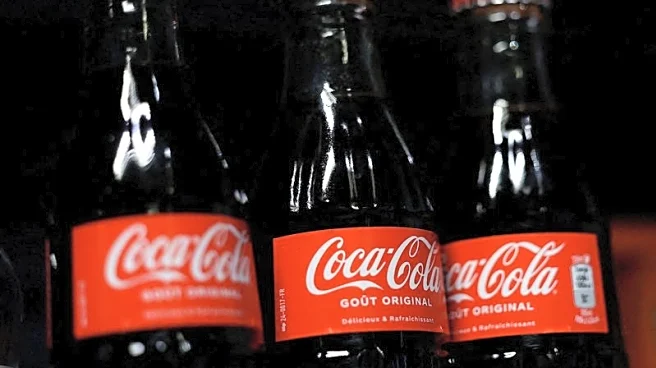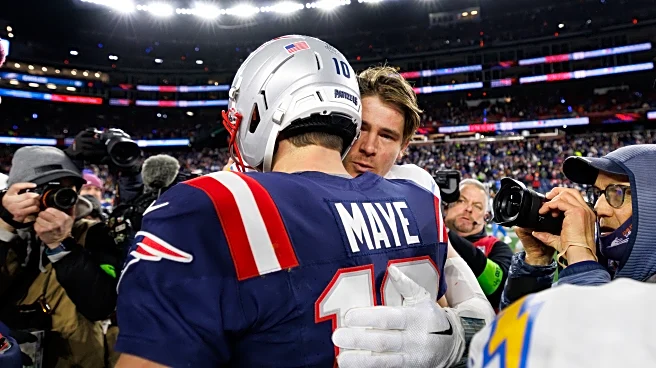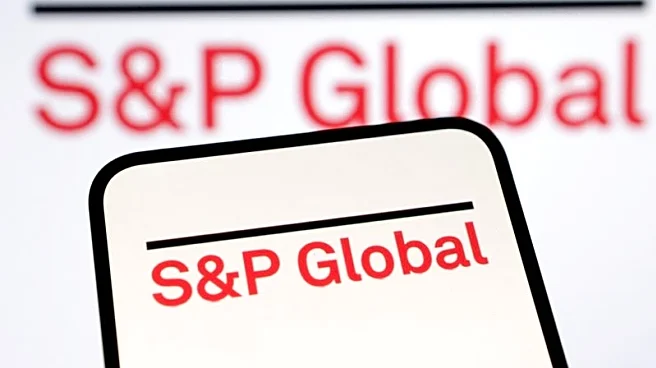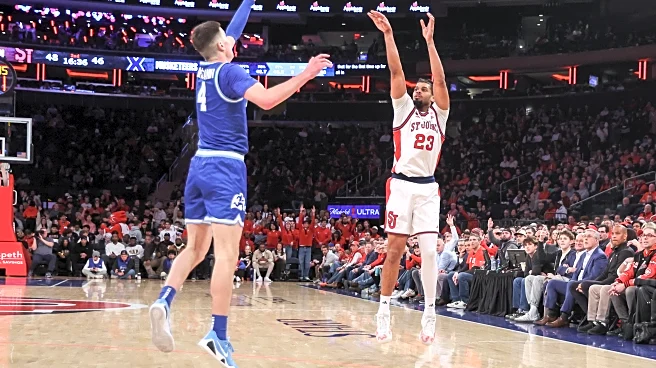What's Happening?
President Trump has implemented a $100,000 fee for H-1B visa applications, a move aimed at protecting American jobs by limiting the influx of skilled foreign workers. This policy change has prompted global talent hubs, particularly in Europe, the Middle East, and Asia, to capitalize on the opportunity to attract skilled workers. The fee increase affects major U.S. companies that rely on H-1B visas to fill highly skilled roles, potentially leading to shifts in hiring strategies and increased competition for international talent.
Why It's Important?
The fee hike could significantly impact U.S. innovation and competitiveness, as companies may struggle to recruit skilled foreign workers. This change may lead to a redistribution of global talent, with other countries benefiting from the influx of skilled professionals. The policy also highlights the ongoing debate over immigration and its role in shaping the U.S. economy and workforce. As companies adapt to the new financial demands, the broader implications for international collaboration and economic growth remain uncertain.
What's Next?
As the fee increase takes effect, companies may explore alternative strategies, such as nearshoring or increasing domestic hiring, to mitigate the impact. The policy change may also prompt discussions on immigration reform and the balance between protecting domestic jobs and fostering international collaboration. Stakeholders, including industry leaders and policymakers, will likely engage in debates on the long-term implications of the fee hike and potential adjustments to visa policies.










